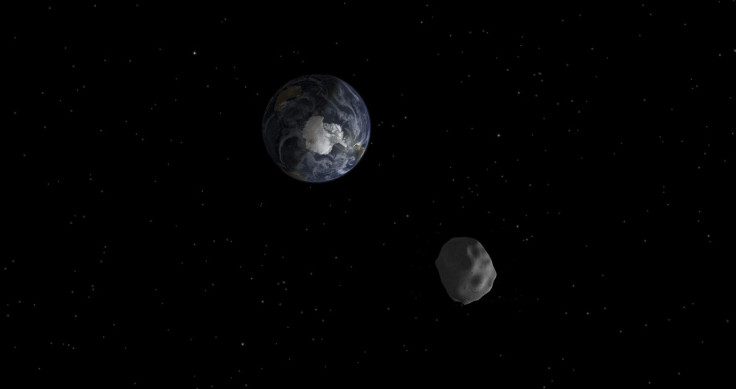Bennu asteroid alert: NASA to closely study asteroid to one day deflect or destroy it

New reports on asteroid Bennu suggest that Earth won’t be hit. The space rock received widespread attention from NASA as the scientists at first thought that in year 2135, Bennu would fly perilously close to Earth and even strike it with devastating force. However, new reports suggest the situation would be less worrisome.
The odds of the asteroid hitting earth are 1 in 2,700 and it would take 150 years to do so. Moreover, to reach the odds, Bennu would have to be gravitationally nudged from its current course when it passes between Earth and moon. There are chances that gravity will push the asteroid away from Earth making it less likely to destroy our planet.
With advancement in science and technology, asteroid tracking systems have also become precise. Both NASA as well as European Space Agency (ESA) has become experts in visiting comets and asteroids. NASA’s JPL team has identified and mapped the routes of 95 percent of the dangerous rocks in our Solar System with help of scientists around the world.
This may also help in preventing such disasters in future. ESA’s Philae lander and Rosetta spacecrafts have contributed immensely to understanding comets. Such navigational skills may be used to send interceptors to asteroids and comets when they are still many light years away. The spacecrafts may either destroy the asteroids or simply send them off to a different course, writes Time.
Moreover, NASA will be closely studying Bennu when it launches its OSIRIS-REx spacecraft on Sept. 8. During its seven-year mission, it will fly to the asteroid, map its surface and send back a small sample of its dust and other materials to Earth. This would in turn reveal a lot about its composition, history, chemistry and organic potential of the solar system in general. Scientists after studying Bennu, may be able to determine how to deflect or destroy it.
“We're not talking about an asteroid that could destroy the Earth. We're not anywhere near that kind of energy for an impact,” OSIRIS-REx principal investigator, Dante Lauretta of the Lunar and Planetary Laboratory at the University of Arizona, told Space.com.
RELATED: NASA to study asteroid Bennu which has strength equal to 200 times Hiroshima bomb if it hits Earth





















